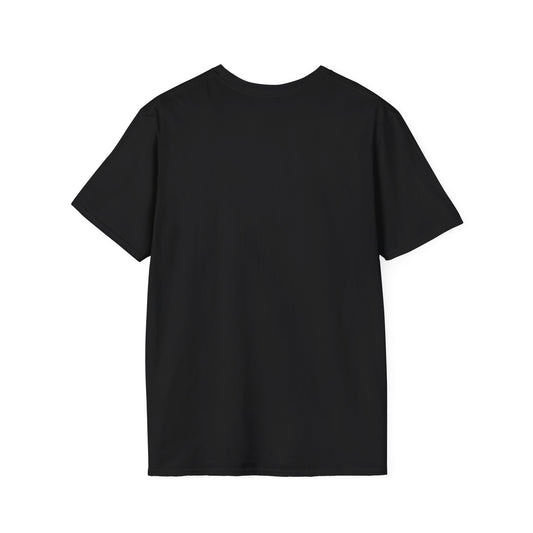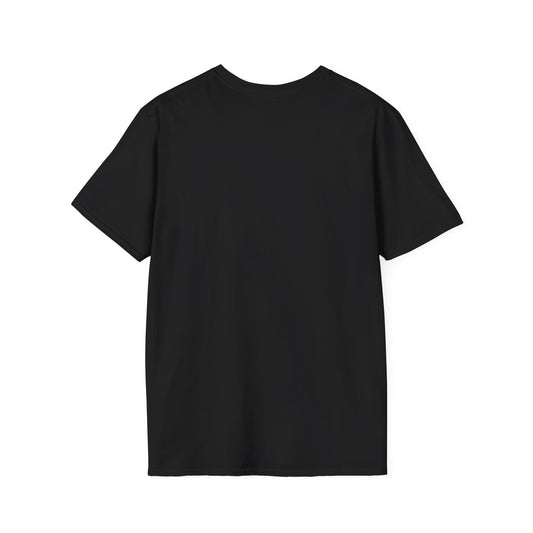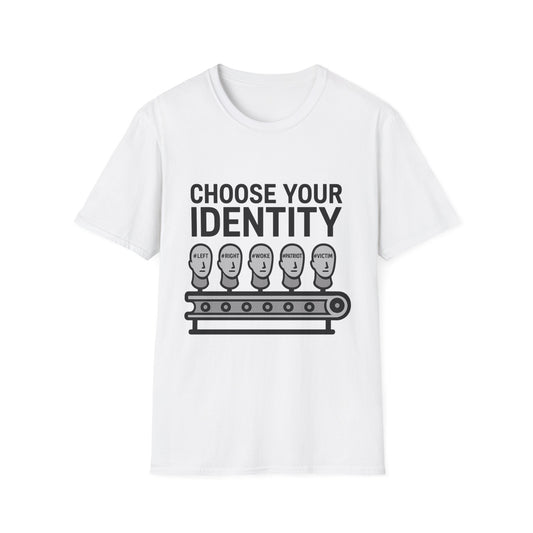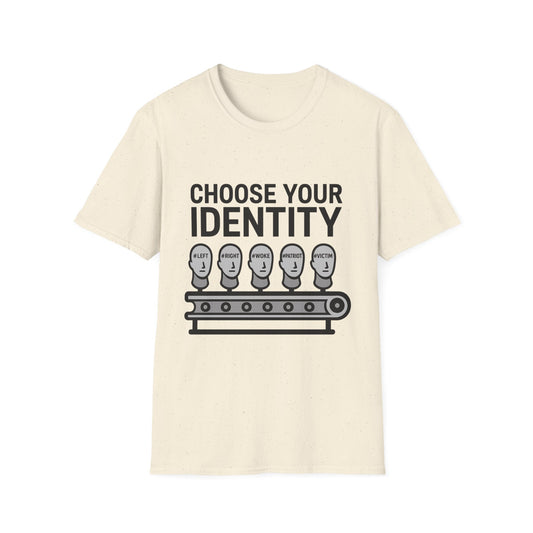
Doomscrolling: How the Internet Hijacked Your Mind and Killed Your Purpose
Doomscrolling: How the Internet Hijacked Your Mind and Killed Your Purpose
There was a time when you woke up with a sense of clarity. You opened your eyes, stretched, and simply existed. No chaos. No noise. No feed of disasters, scandals, and algorithm-selected rage. You faced the day with your own thoughts, your own intentions.
But that’s gone now.
Now you wake up and reach for your phone before you even remember your name. Before you speak a word. Before you feel anything real. And the first thing you see? Crisis. Conflict. Outrage. A war in a country you’ve never visited. A scandal involving someone you don’t know. A tragedy you can’t fix. A meme about it, then a joke, then another update.
And so it begins.
This isn’t just bad habit anymore. This is ritual. A digital sedative wrapped in terror. You’re not scrolling for information. You’re doomscrolling—feeding yourself fear, despair, and overstimulation with no exit. You didn’t choose this. But it chose you.
Because the feed is smarter than you think.
Every post you pause on. Every article you open. Every face you linger on. Every headline you share without reading. The system learns. It studies you. It refines itself. It doesn’t just track your behavior—it anticipates your reactions, your weaknesses, your patterns of attention. Then it hits you again, and again, and again.
This is not content. This is a machine designed to hijack your nervous system.
Doomscrolling is the perfect trap. It gives you just enough stimulation to keep going, but never enough to feel satisfied. It floods your brain with cortisol and dopamine in alternating waves until you’re emotionally fried by noon. And it convinces you that this is normal.
You feel informed, but you're more anxious. You feel connected, but more alone. You feel engaged, but you’ve done nothing that mattered all day.
This is the death of momentum. The slow erosion of purpose.
We’ve become so addicted to knowing what’s happening everywhere, all the time, that we’ve forgotten how to exist anywhere fully. We sit at dinner but think about headlines. We walk outside but hear Twitter echoes in our heads. We read tragedy after tragedy until we’re desensitized and numb—and then blame ourselves for not caring enough.
But this isn’t apathy. This is overstimulation. This is emotional paralysis disguised as awareness.
And the worst part? The system profits from your descent. Every click. Every comment. Every mindless swipe. It doesn’t care if you feel helpless, angry, outraged, or broken—only that you stay engaged long enough to scroll into the next ad break.
The internet doesn’t want you informed. It wants you addicted.
And if you don’t consciously choose to stop the spiral, it won’t stop for you.
The human brain wasn’t designed for this. It was built for patterns in nature, for real conversations, for slow truths unfolding over time. Not for the relentless surge of tragedy, controversy, and distraction jammed into your bloodstream through a five-inch screen.
But the feed doesn’t care. It never stops. Not when you’re tired. Not when you’re overwhelmed. Not when you need a break. It just keeps going, pumping you full of the next urgent thing that’s already irrelevant by tomorrow.
And here’s the real sickness: the more overwhelmed you get, the more you scroll. You chase clarity through chaos. You think the next post will bring understanding, or peace, or something that finally makes sense. But it never comes. Just more noise. More fire. More bad news from everywhere except your own life.
You weren’t built to carry the weight of the world. You weren’t meant to know about every murder, every earthquake, every disaster, every scandal, every political implosion happening in real time. But now you do. Every hour. Every day. And it’s killing your nervous system.
Doomscrolling trains your brain to expect stress. Your body learns to live in a constant state of alert. You start anticipating the next disaster, even in silence. Even when nothing’s wrong. That’s not awareness—it’s trauma conditioning. And it doesn’t go away just because you close the app.
You sit at work, and your focus slips. You try to relax, and your heart rate stays elevated. You try to sleep, but your thoughts echo like headlines you forgot to process. You’re never present. Never still. Never grounded.
This isn’t a glitch in the system—it is the system.
The entire model is built on urgency. Everything is breaking. Everything is trending. Everything is happening now. And if you’re not watching, not reacting, not plugged in, then you’re out of touch. You’re missing out. You’re falling behind.
That’s the lie.
Real life doesn’t move that fast. Real life doesn’t demand a response every thirty seconds. Real life isn’t breaking news. It’s slow. It’s quiet. It’s complicated. It’s emotional. It’s human. And that’s exactly what the feed strips from you—the human part.
Because when you’re always scrolling, you’re not creating. You’re not connecting. You’re not growing. You’re reacting. And the more you react, the less you lead your life. The more you consume, the less you contribute. The more you watch, the less you live.
And here’s the bitter truth: doomscrolling feels good in the moment. It gives your brain something to chase. It fills the silence. It tells you you’re doing something important by staying “informed.” But afterward, you feel worse. Always. Every single time.
That should tell you everything.
You know it’s ruining you. You’ve felt it.
The exhaustion that doesn’t go away. The emotional numbness that follows every scroll session. The phantom itch to check your phone every five minutes, even when nothing’s waiting. The constant anxiety of being plugged in, but the deeper fear of being left out.
This is what happens when your mind is turned into a feed.
But here’s the truth no one tells you: you don’t have to live like this. You don’t have to keep swallowing headlines like pills and calling it awareness. You don’t have to accept overstimulation as your baseline. You don’t have to be a passenger in your own life.
You can stop.
You can walk away from the scroll. Not forever. Not in some unrealistic digital fast. But enough to remember what it feels like to breathe without headlines filling your lungs. Enough to remember what silence sounds like. Enough to remember that life isn’t measured in posts, comments, or shares—but in real moments that don’t need witnesses to matter.
You don’t have to know everything. You just have to know what’s real.
And what’s real is this: doomscrolling is not information. It’s digital anxiety disguised as engagement. It’s a nervous tick given permission to become your lifestyle. It’s passive consumption sold to you as participation.
But participation means action. And action doesn’t happen from a phone screen. It happens in your body. In your choices. In your presence.
If you want your energy back—your clarity, your momentum—you have to take your attention seriously. You have to treat it like the currency it is. Because everything you give your attention to grows. And doomscrolling is a garden of weeds. It doesn’t grow insight. It grows despair.
You break the loop by getting intentional.
You don’t need to delete everything. But you need to take the wheel. You need to decide what gets access to your headspace. You need to ask yourself why you open that app when you do. Is it boredom? Fear? Habit? And what does it give you in return? If the answer is nothing but dread and fatigue, then stop pretending it’s a tool. It’s a leash.
The world won’t collapse if you unplug for a while. But your mind might finally stop spinning. You might look up and see your own life again. You might feel grounded for the first time in months. You might start to remember what purpose feels like—not the fake urgency of digital drama, but the quiet drive that comes from building something real.
Your brain is not broken. Your motivation isn’t gone. It’s just been buried under ten thousand stories that had nothing to do with you.
You can dig it out. You can choose focus over fear. Presence over panic. Creation over consumption.
Because the truth is, you were never meant to live in the feed. You were meant to build things. To love. To move. To feel. To grow. And none of that lives on your screen.







